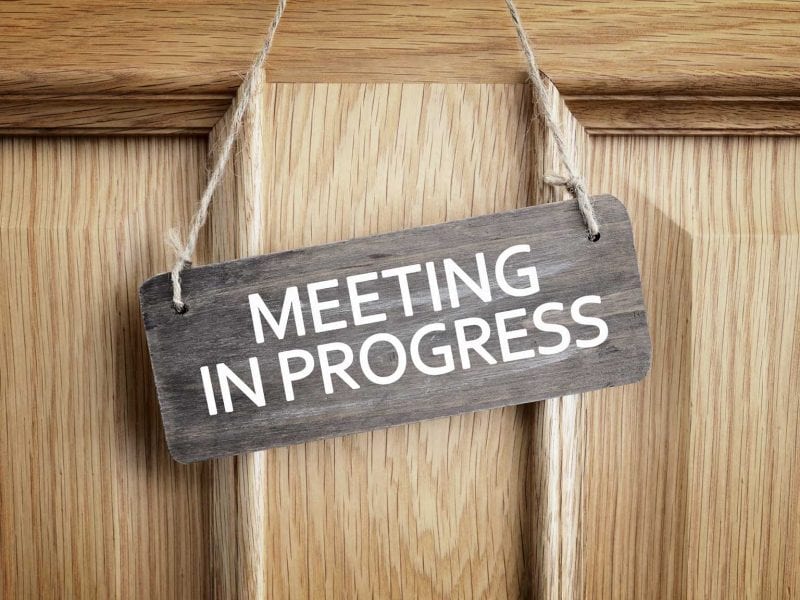How to make the most of creditors’ meetings (part 2)

Creditors in a statutory insolvency procedure must request and attend a physical creditors’ meeting if they want to assert any significant influence. A meeting of creditors normally takes place shortly after a company becomes insolvent.
There creditors get the chance to:
- Hear an explanation of why the business failed
- Appoint an insolvency practitioner (IP)
- Agree the IP’s fees
- Vote on how to move the business forward
These meetings are essential to the insolvency process because they:
- Keep creditors informed
- Give creditors an opportunity to confer, discuss, and comprehend the situation before voting on the IP’s proposal and fees
However, the time you have to request a meeting has reduced considerably in recent years. Usually, an IP sends creditors a proposal and other documents to notify them of the impending insolvency procedure.
Upon receipt, an astute creditor will move swiftly to:
- Engage and galvanise other creditors
- Form 1 unified body of creditors
- Request a physical creditors’ meeting (which convened automatically before the introduction of the Insolvency Rules 2016)
Request a creditors’ meeting quickly as your time is limited
But creditors have less than 1 week to respond and take action thanks to the 2016 Rules, which says:
Creditors are deemed to have automatically approved the IP’s appointment unless 10% or more (by total debt value) request a meeting of creditors within 5 business days.
The upshot of these restrictive measures is that creditors have almost no time to:
- Organise themselves
- Request a creditors’ meeting
- Consider the IP’s proposal
- Conceive and implement an alternative plan of action
The 2016 Rules were supposedly introduced to counter creditor apathy by simplifying insolvency procedures. But in reality, the legislation made a complex regime more problematic, and further alienated creditors from the insolvency process.
Furthermore, there is no legislation relating to IP remuneration. Consequently, IPs often discourage creditors by charging excessive fees to hold meetings.
However, creditors who want empowerment will push the IP to host a physical meeting.
I&L can take instructions on your behalf to attend and represent your interests at meetings. Frequently, we connect with other creditors to generate considerable support before the meeting takes place.
Read more on this subject here
Understanding the winding up petition: A crucial tool
In the world of insolvency, a winding up petition holds significant importance. When a company has received a statutory demand (SD) and fails to raise…
Read MoreUrgent Call to Action: Have You Invested in Beech Holdings (Manchester) Ltd?
If you or anyone you know has invested in Beech Holdings (Manchester) Ltd, it’s time to take action immediately and get in touch. The Situation…
Read MoreBankruptcy Annulment: A Fresh Start for Financial Recovery
Bankruptcy is often viewed as a last resort for individuals overwhelmed by debt, offering a path to financial relief but also leaving a significant mark…
Read MoreCastle Trust and Management Services Ltd- The Big Problem for the Gibraltar Financial Services Commission
The collapse of Castle Trust and Management Services Ltd (CTMS) has raised serious questions aboutthe role and effectiveness of the Gibraltar Financial Services Commission (GFSC)…
Read More



